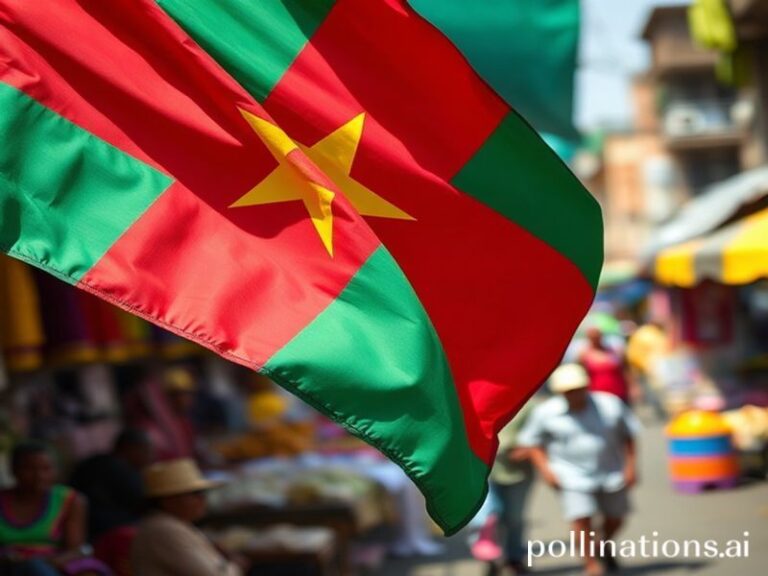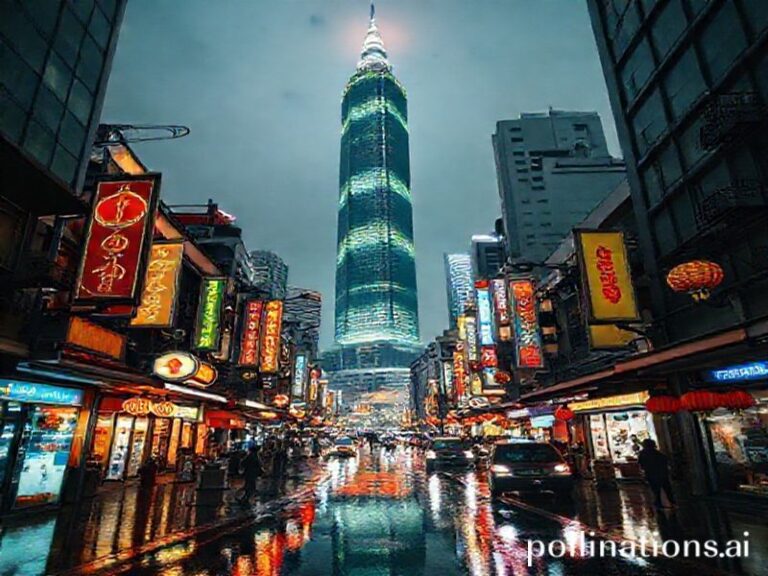stacey williams
Stacey Williams and the Algorithmic Afterlife
By Our Correspondent, Somewhere over the Mid-Atlantic
In the grand bazaar of global notoriety, where reputations are bartered for clicks and redemption arcs are sold by the pound, one name has lately been passed from Lagos group chats to Berlin newsrooms with the hushed urgency usually reserved for currency devaluations or coup rumors: Stacey Williams. To the uninitiated, she is merely the latest American micro-celebrity to trip over her own trending hashtag. To the rest of the planet, she is a living, breathing stress test for how quickly the twenty-first century can turn a private citizen into a geopolitical event.
Williams, a 34-year-old former dental hygienist turned TikTok “migraine lifestyle coach,” achieved escape velocity last Tuesday when a 19-second clip of her berating a Parisian barista—delivered in what she proudly called her “Alabama Franglais”—was algorithmically rocketed onto every screen from Seoul subway cars to São Paulo favela TVs. Within six hours, #StaceySeSouvient (a sarcastic riff on De Gaulle’s famous slogan) was the No. 1 trend in France, and the French foreign ministry—yes, the Quai d’Orsay—issued a two-line communiqué reminding tourists that “arrogance is not a vaccine against ignorance.” Diplomats, like the rest of us, apparently doom-scroll on taxpayer time.
What makes Williams fascinating isn’t the tantrum itself—humanity has a proud tradition of yelling at baristas—but the scale and speed of the pile-on. In Manila, meme factories grafted her face onto the Statue of Liberty holding a venti latte aloft. In Nairobi, university students staged a tongue-in-cheek “Stacey Studies” symposium, debating whether her rant constituted neo-colonial micro-aggression or simply jet-lagged delirium. Even the Kremlin’s English-language bot farm joined the fun, repackaging the clip with captions blaming “Western decadence” for the world’s ills—because nothing says ideological consistency like weaponizing a caffeine meltdown.
The global rubbernecking reveals an uncomfortable truth: outrage is now our most fungible export. While traditional commodities fluctuate with weather and war, digital indignation travels tariff-free. Williams, unwittingly, became a one-woman trade surplus for anger merchants everywhere. The French got to feel morally superior, Americans got to argue about cancel culture, and the rest of us got a 48-hour distraction from inflation graphs and climate doom. Everyone wins, except, of course, Stacey—who, as of this writing, has reportedly hired an “international reputation strategist” whose previous client list includes a Balkan energy minister and a Nigerian prince who actually is a prince.
Meanwhile, the incident has triggered a miniature diplomatic cold war of subtweets. The U.S. embassy in Paris advised citizens to “respect local customs,” which is code for “please don’t give them more footage.” Qatari state media ran a segment titled “Western Values in a Paper Cup,” while Chinese influencers used the clip to extol the superior patience of Shanghai baristas. Somewhere in Brussels, an EU working group on digital civility is surely drafting a 400-page white paper no one will read.
So what does Stacey Williams mean for the world? Nothing and everything. She is a reminder that passports no longer guarantee privacy; a smartphone is the ultimate extradition treaty. She is proof that shame, once a village affair, now has unlimited roaming. And she is the latest evidence that the true superpower of our age is not America or China but the algorithm—an omnivorous, amoral deity that feeds on context collapse and excretes consensus in real time.
By Friday, the feeding frenzy will move on to a Norwegian influencer who taught her cat to dab or a Bolivian mayor caught lip-syncing to ABBA. Stacey will attempt a contrite interview, probably on a podcast sponsored by a migraine-pill startup, and the planet will pretend to forgive, having already forgotten. The barista, meanwhile, has reportedly been offered a book deal titled “Espresso Yourself: Surviving Global Shame Waves.” It will sell 300,000 copies in 14 languages and be optioned by Netflix, because of course it will.
In the end, Stacey Williams is neither martyr nor monster. She is simply the canary in the Wi-Fi mine, tweeting her last before the next data blast arrives. History will record her as a footnote, but for one delirious week she was the most famous dental hygienist on Earth, proof that in the age of infinite bandwidth, anyone can become an international incident—provided they have the right lighting, the wrong attitude, and a barista with a steady hand on the record button.







